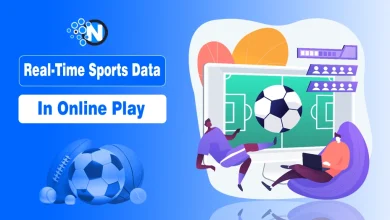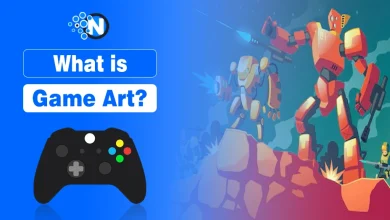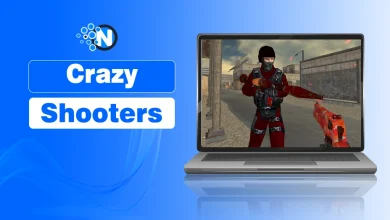Mastering the Art of Game Creation: Understanding the Stages of Game Development

From the first idea to the finished product, game development is a complicated process with multiple steps involved. To make a game that is successful, developers have to go through a number of different stages, each with its own benefits and challenges. Understanding these stages of game development is essential to develop and launch games that people love to play!
According to Newzoo’s Global Games Market Report worldwide gaming community was around 3.31 billion people in 2023. Let’s dive into the essential stages of game development.
Leading studios offer custom game development services to bring unique gaming concepts to life across multiple platforms.
I will explore the major stages of game development, giving you an inside look at what goes on behind the scenes to create your favourite game titles.
Stages of Game Development
1. Pre-Production: The Success Chart
The planning stage that lays the groundwork for the game is known as pre-production. This is an important phase that includes:
Concept Development: The first concept for the game is created, frequently drawing inspiration from previous titles, motion pictures, or actual occurrences.
Market Research: To find possible consumer niches and trends, developers examine the gaming industry.
Game Design Document (GDD): A detailed document is produced that describes the story, art style, gameplay mechanics, and technological specifications of the game.
Prototyping: To test and collect feedback on the fundamental gameplay principles, simple versions of the game are produced.
2. Production: Bringing Game Idea to Life
The actual process of developing a game takes place in the production stage, which is the hub of game development. This phase contains:
Art and Animation: Characters, settings, and other visual components are created by artists, and then animated filmmakers use motion to bring those creations to life.
Programming: Programmers create the AI, user interface, and gaming mechanics through the writing of code.
Sound and Music: To improve the mood of the game, sound experts add voice acting, music, and sound effects.
Level Design: To ensure a fair and interesting gaming experience, designers create the game’s environments and levels.
Testing and Debugging: Quality assurance teams test the game for bugs and errors to guarantee a seamless gaming experience,

3. Alpha Testing
The initial round of alpha testing involves releasing the game to a small group of players for testing. Before the game is made available to a larger audience, this helps with identifying important problems and gathering feedback. Alpha testing is when developers concentrate on:
Play balance: Making sure the game is hard but equitable.
Bug Fixing: Resolving any malfunctions or technological problems.
Feedback Collection: Getting testers’ opinions in order to raise the general standard of the game.
4. Beta Testing
The last phase before a game is officially released and made available to a wider player base is beta testing. This makes it easier to spot small problems and get input on how polished and appealing the game is overall. As part of beta testing, engineers concentrate on:
Performance optimization: Making sure the game functions properly on various system configurations.
Feature Refinement: Finalizing the features and gaming mechanisms is known as feature refinement.
Analysis of Testimonials: Examining testimonies to determine what needs to be improved.
5. Pre- and Post-Launch Assistance
Developers continue to provide updates, fixes, and downloadable content (DLC) for their games after they are released. This keeps players interested and takes care of any problems that might come up after launch. Support following launch may also consist of:
Community Engagement: Using forums and social media to communicate with players.
Updates: Content updates refer to the introduction of new game modes, characters, or levels.
Bug Fixes: Resolving any problems that might occur upon launch.
Fgfactory Game Development Agency
For turning game ideas into reality, Fgfactory is a top game development agency. We are skilled specifically in mobile and PC games, providing all services required for making your dream game come to life at every stage of the process with accuracy and imaginative thoughtfulness. Not just this but we also provide continuous support for maintaining your game, such as updates and involvement with the community even after its launch to help it prosper continuously.
We have an experienced team in production games. This group has many different skills like designing games, programming them, creating art for the game and also making audio for it. Because of our long time working in this field, we can understand all the details related to developing games, which makes sure we are ready to handle any project, no matter how big or complicated it may be.
When you choose Fgfactory as your partner for game development projects then client satisfaction becomes our major goal. We cooperate with our clients throughout the development process, maintaining open communication and transparency.
Final Words
The stages of game development are an intricate process including several activities and teamwork. To create a memorable and fun gaming experience, developers must overcome different obstacles and make several decisions from the first idea to the final release. We might have a greater appreciation for the craft of game production if we are aware of the important phases and the difficulties involved.




